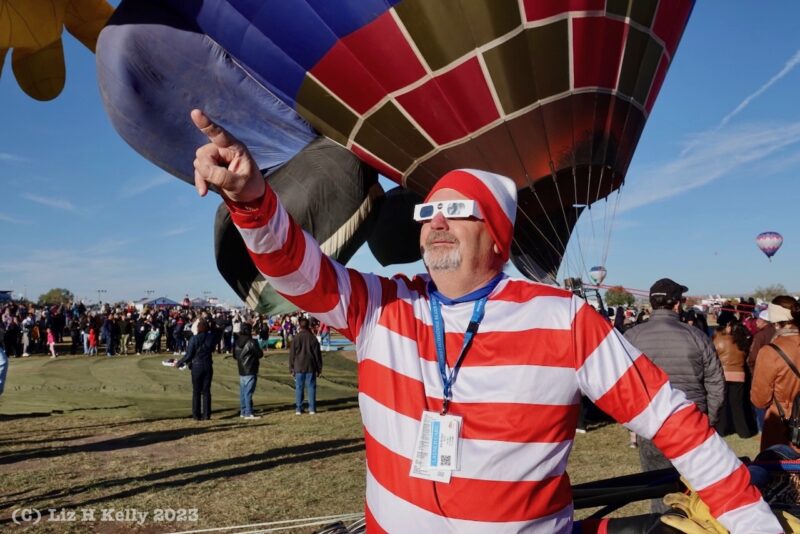YouTube’s forthcoming “Life In A Day 2020,” has received more than 300,000 global submissions from 191 different countries around the world. On July 25, 2020, people all over the world, in countries including Brazil, Canada, India, Japan, Russia, Turkey, and many more, filmed their day and then uploaded their footage to be considered for inclusion in the final feature-length documentary. Directed by Academy Award-winning director Kevin MacDonald (Whitney, One Day in September, The Last King of Scotland), and executive produced by Ridley Scott (The Martian, Gladiator) and Kai Hsiung (Lords of Chaos), the final film will be composed entirely of selected contributions from participants, and aims to showcase just how extraordinary life can be on an ordinary day.
Ten years after the original “Life In A Day,” YouTube and the filmmakers asked people all over the world to record their lives to tell the story of a single day on Earth. With the submission window now officially closed, the filmmakers have received more than 300,000 submissions, nearly four times the number of submissions to the previous film, which includes thousands of hours of footage from 191 different countries, in more than 65 languages. These submissions are already being reviewed by a multilingual team stationed around the world.
Submissions for “Life In A Day 2020” also came in at a rapid rate. At peak times in the first and last day of the open submission period, people all over the world were uploading at a rate of one entry per second. Countries with the most submissions include the US, India, Brazil, Indonesia, Turkey, the UK, Mexico, Russia, Canada, and Japan, with 78% of all entries coming from outside of the United States. Top languages listed as primary in submissions include English, Spanish, Portuguese, Russian, and Indonesian. Also of note, thousands of submissions were received in Arabic, Chinese, French, German, and Vietnamese.
Among the massive amount of submissions received for consideration, notable individuals featured in the uploaded footage include COVID-19 vaccine researchers in Oxford, a journalist covering the Portland protests, Rohingya and Syrian refugees, Black Lives Matter protesters, Tibetan Buddhists in a monastery, and a woman in Texas speaking to prisoners. Additionally, previous participants from the 2010 film also submitted footage to be considered for inclusion in this year’s film.
















